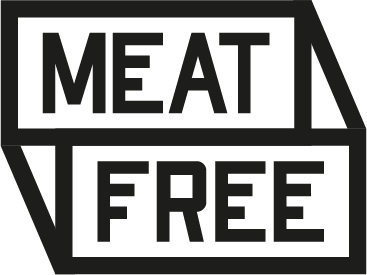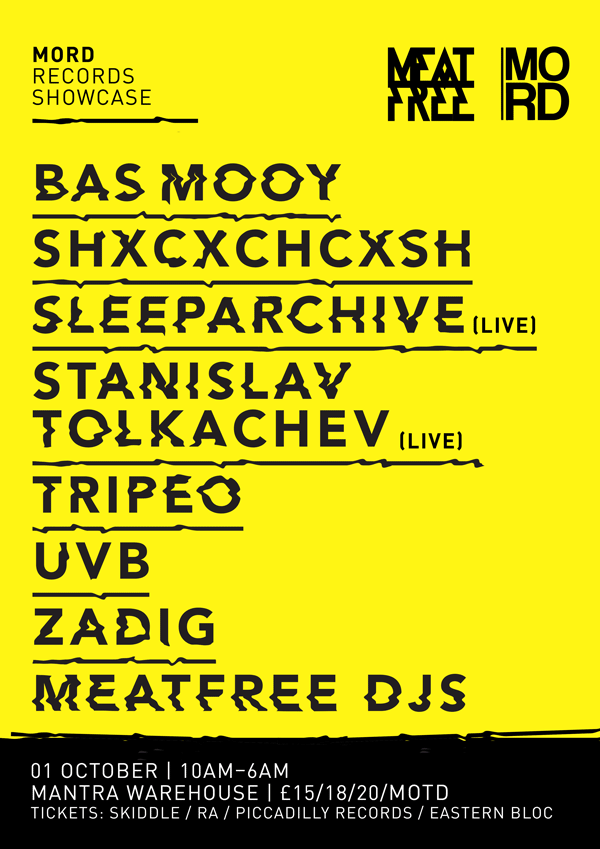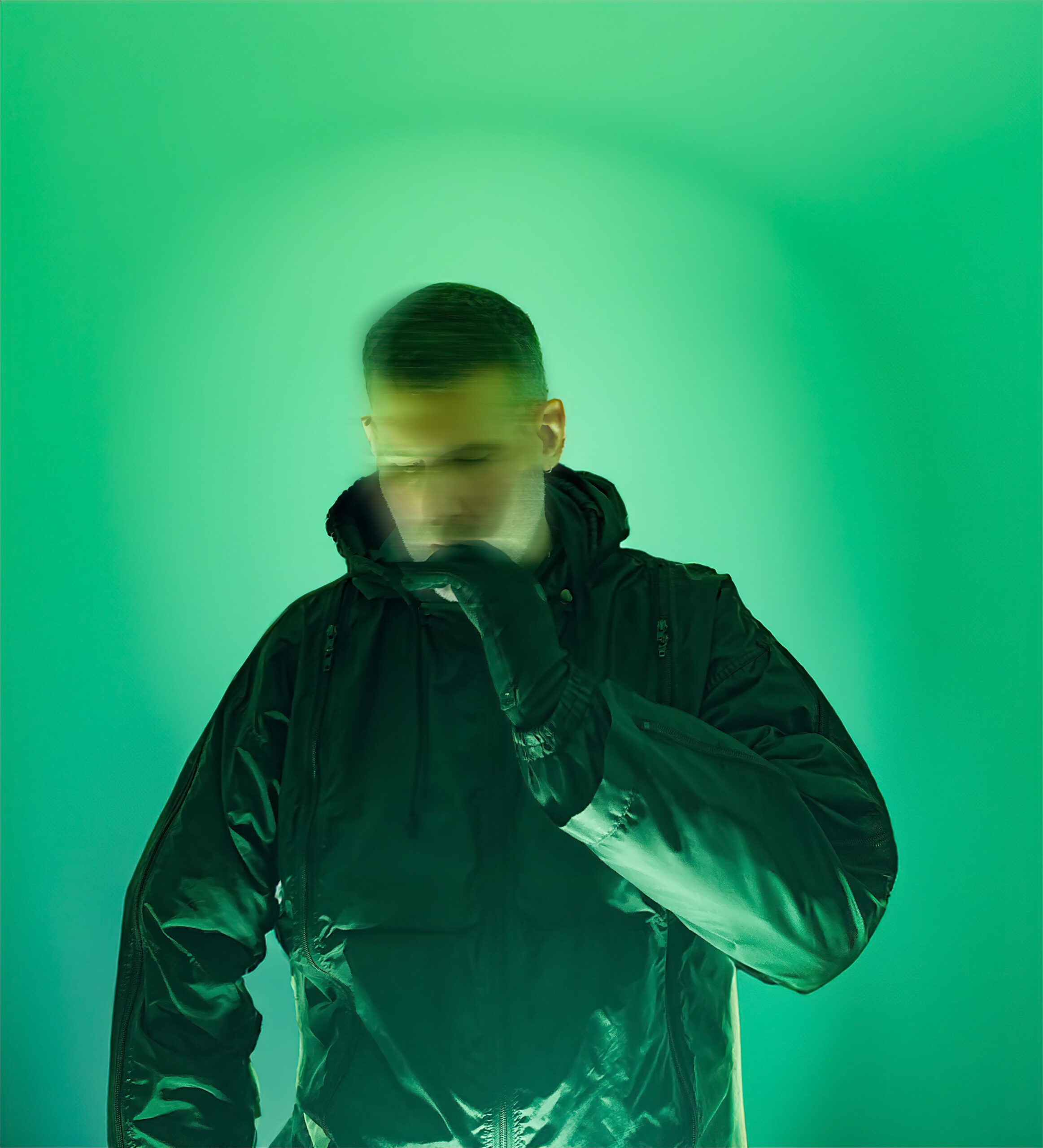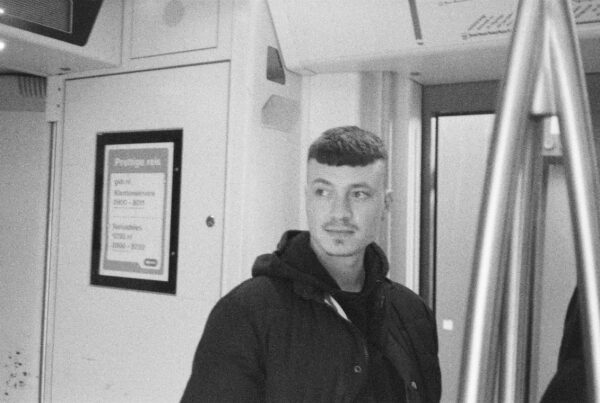(flip your phones sideways for optimum viewing!) – Time to get the low-down from Construct-Reform’s top dog, Zadig! And for the multilinguals, you can read it in French and in English!! (A massive thank you to Olivia Lofts for translating it :-))
Zadig will be playing for our Meat Free MORD Records Showcase, alongside Bas Mooy, Stanislav Tolkachev, SHXCXCHCXSH (live), Sleeparchive (live), UVB, Tripeo and the Meat Free DJs.
That’ll be at Mantra Warehouse on 1st October. Get yourself a ticket if you haven’t already, time’s running out!!
ENGLISH INTERVIEW (read below for the Francais!)
The upcoming party is a celebration of MORD, but you’re also the successful head of your own label – what has running Construct Re-form taught you that you didn’t learn as an artist?
Even if there’s some overlap in the two processes, running a label requires certain organisational skills that I don’t have. So the first thing I learnt was that you should make sure you have reliable people around you. Secondly, I realised the pressure and responsibility of signing someone other than yourself to a label.
I have a responsibility towards them to make sure that the releases on the label are useful for their careers and give them enough visibility.
You’re playing as part of a pretty heavy line-up, if you could collaborate with one of the other artists on the night who would it be?
This is hard to say. There’s lots of artists that I would love to collaborate with. I’ve already discussed this with some of them but I’d rather not say as nothing’s confirmed yet. But if I could collaborate with someone I haven’t yet spoken to, I’d say Peter Van Hoesen. I like his musical sensitivity, that fact that he is eclectic, and he’s got a great personality.
Last year saw you debut the Unforeseen Alliance project alongside Voiski, Birth of Frequency and Antigone. Did you find it difficult to collate all your ideas together, or was it something that came together organically? Are there any releases in the pipeline?
At first I think we were a bit lost, the hard part was trying to put it all together musically. We decided to give each other distinct roles so as to not overload the live show and this turned out to be the best solution. But apart from the technical set up, the musical definitely came naturally. I think we all knew on a creative level and on a human level how to create a flowing creative process. As we move forward I think the roles might change and this will naturally change the music we make.
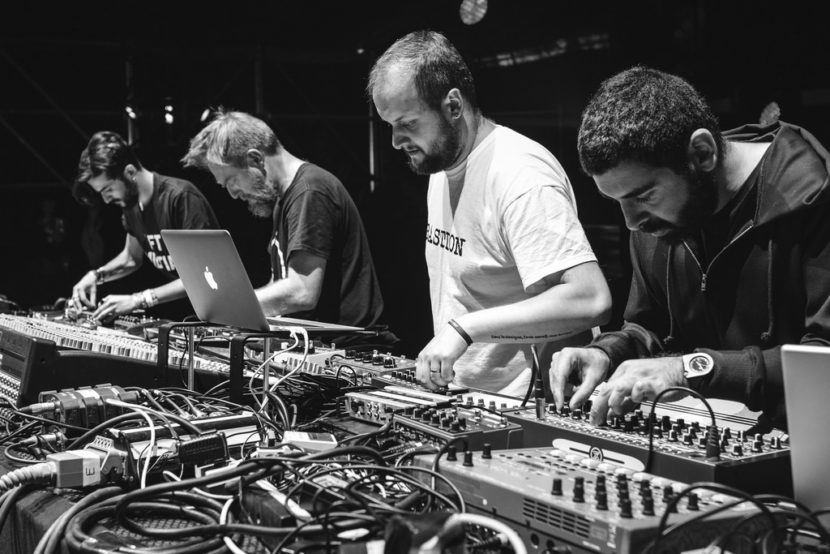
It’s been noted that as well as supporting your acts musically, you support them on a human level – do you think that sometimes gets neglected on the music scene?
I can’t generalise because I don’t know what all artist-record label manager relationships are like. The thing with Construct Re-Form is that we practically became friends as we collaborated so we were in contact all the time. Even if now we don’t live in the same cities and we all have busy schedules, if one of us has a doubt or a question about something, we will instinctively turn to one another to talk about it. That’s just how it works. For other labels, I don’t know if it’s the same but I imagine a lot of artist-manager relationships develop in this way, but it’s not a rule. There’s lots of different ways of supporting the artists on a human level. Every case is different I think.
If you could have an interview with a madman, who would it be?
I’d like to interview Nathaniel Wingate Peaslee, a university professor at Miskatonic d’Arkham in Massachusetts. He lived in the beginning of the 20th century so he’s long dead now. The story goes that his body was possessed by a creature from another time and his soul was stuck in the body of this strange creature. Years later, once his spirit had returned to his own body, he describes sense-defying things. A world on a giant scale populated with fantastical beings. Of course the medical and scientific world called him a mad man but the detail in his descriptions of this other world leave room for doubt. If I could go back in time, I’d ask him to tell me all about his experience.
[you can read the full story here]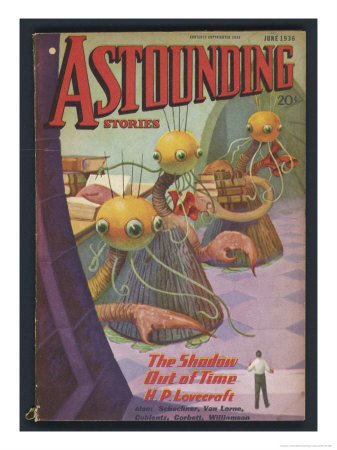
A lot of the time the titles are names of old books or films, sometimes they’re linked to science to space and sometimes they’re entirely from my own imagination. All these elements are essential to the creative process. I like having long periods where I let my mind wander: I like creating imaginary worlds with strange landscapes and stories.
My music is strongly influenced by the imaginary: I try to give life to all the things I’ve created in my head because it’s important to get all those creative thoughts out.
The song titles are the final touch: the little detail or clue that gives the starting point to those who like me, love to dream and imagine something when they listen to the music.
Do you have any non-musical heroes that have inspired you along the way?
I think that HP Lovecraft was and always will be a big source of inspiration for me. I speak of his work of course, and not of the man himself who is very controversial. His work incarnates exactly what I mentioned above. I am always mesmerised by the power of his work, there’s not a week that goes by where I’m not thinking about one of his books. If I’m lacking inspiration, all I need to do I re-read one of his books and straight away my imagination kick-starts back up again.
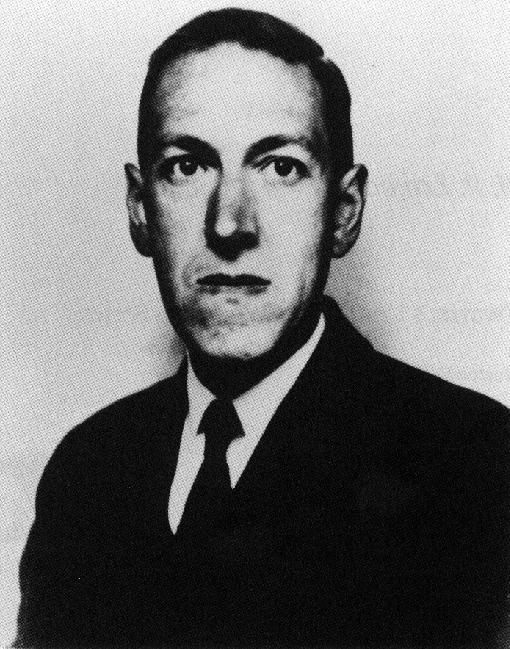
Finally, what can Manchester expect from you on 1st October?
I think my selection will be pretty eclectic, maybe less hypnotic than normally expected. I want to go in all different directions, we’ll see what happens on the night!
FRENCH INTERVIEW (read above for the English!)
The upcoming party is a celebration of MORD, but you’re also the successful head of your own label – what has running Construct Re-form taught you that you didn’t learn as an artist?
Même si il y a de nombreuses convergences dans les deux processus, gérer un label demande certaines qualités organisationnelles que je ne possède pas.
La première chose que j’ai donc apprise c’est qu’il faut bien s’entourer.
Ensuite il y a la responsabilité inhérente au fait de signer d’autres artistes que soi. J’ai une sorte de responsabilité et de devoir vis à vis d’eux, de faire le plus possible pour que les sorties leur soient utiles. Il faut que les disques leur donne suffisamment de visibilité.
You’re playing as part of a pretty heavy line-up, if you could collaborate with one of the other artists on the night who would it be?
C’est assez difficile à dire. Il y a de nombreux artistes avec qui j’aurais envie de collaborer.
Avec certains nous avons déjà exprimé le souhait de le faire je préfère ne pas en parler car rien n’est fait donc si je devais collaborer avec un artistes avec qui je n’en ai pas encore parlé je pense que ça serait Peter van Hoesen. J’aime beaucoup sa sensibilité musicale, son éclectisme et aussi sa personnalité. Je pense que nous pourrions faire quelque chose.
Last year saw you debut the Unforeseen Alliance project alongside Voiski, Birth of Frequency and Antigone. Did you find it difficult to collate all your ideas together, or was it something that came together organically? Are there any releases in the pipeline?
Au début je pense que nous étions un peu perdus, la difficulté était de trouver comment mettre ce projet en place (d’un point de vue musical). Finalement nous nous sommes répartis des rôle bien distincts de manières à ne pas charger trop le live et finalement ça a été le bon choix. Mais hormis cette mise en place de base, on peut dire que la musique est sortie naturellement, je pense que nous connaissons assez bien humainement et artistiquement ce qui permet un processus créatif assez fluide. Là je pense que les rôles vont changer et naturellement la musique également.
It’s been noted that as well as supporting your acts musically, you support them on a human level – do you think that sometimes gets neglected on the music scene?
Je ne peux pas parler en général car je ne sais pas quelles sont les relations entre les artistes et les labels manager. Dans le cas de Construct Re-Form le fait est que nous sommes devenus pratiquement amis en même temps que collaborateurs donc nous avons des contacts relativements fréquents même si maintenant les choses sont un peu plus compliquées, nous ne vivons pas dans la même ville et nous avons des plannings assez denses, mais nous nous tournons spontanément les uns vers les autres lorsque nous avons un doute sur quelque chose, une question … Cela fonctionne comme ça. Pour d’autres labels et artistes, je ne sais pas, je suppose qu’il doit parfois se développer le même type de relations mais cela n’est pas une règle. Il y a différentes formes de support, aider un artiste sur le plan professionnel peut être indirectement une aide humaine. Chaque cas est différent je pense.
If you could have an interview with a madman, who would it be?
J’aimerai interviewer Nathaniel Wingate Peaslee, un professeur de l’université de Miskatonic d’Arkham dans le Massachusetts. Il vivait au début du 20ème siècle et est donc décédé depuis. Il semble que pendant plusieurs années, celui-ci ait été habité par une entité venue d’un autre temps et que pendant cette longue période, son esprit se soit retrouvé dans le corps de cette créature. Lorsque plusieurs années après il a réintégré son propre corps, il a décrit des choses défiants toute raison. Un monde aux proportions titanesques, peuplé d’entités fantastiques et hors normes. Bien entendu toute la communauté médicale et scientifique l’a traité de fou mais la précision de ses descriptions laisse place au doute. Si je pouvais remonter le temps, je lui demanderai de me raconter son expérience
What inspires the names of your tracks, and from these what can we learn about the man behind them?
La plupart du temps les titres viennent de vieux films ou de livres, parfois les noms sont aussi relatifs à la science ou l’espace ou parfois complètement imaginaires. Tous ces éléments sont très importants pour le processus créatif. J’aime avoir de longues périodes ou je laisse mon esprit divaguer, j’aime me créer des histoires, me créer des paysages et des lieux imaginaires : ma musique est très liées à l’imaginaire, j’essai par ce biais de donner vie à toutes les choses que je m’invente, car c’est important de pouvoir les sortir de soi. Les titres sont la touche finale, le petit détail ou indice qui va donner un petit point de départ pour ceux qui comme moi aiment rêver et vont avoir envie d’imaginer quelque chose en écoutant la musique.
Do you have any non-musical heros that have inspired you along the way?
Je pense que H P Lovecraft a été, est et sera toujours une grande source d’inspiration pour moi. Je parle de son oeuvre bien entendu et pas de l’homme en lui même, très controversé.
Son oeuvre incarne parfaitement ce dont je parlais juste avant. Je suis toujours subjugué par la force de ses chimères, il ne se passe pas une semaine sans que je pense à l’une ou l’autre des ses nouvelles. Lorsque je suis en panne d’inspiration, il me suffit de relire quelques uns de ces écrits et immédiatement mon imagination se remet en fonction.
Finally, what can Manchester expect from you on 1st October?
Je pense que ma sélection sera assez éclectique, peut être moins hypnotique qu’à l’accoutumée. J’ai envie de partir un peu dans tous les sens, on verra bien ce qui se passera sur l’instant.
Translation credit:
Photo credit:
http://www.ibiza-voice.com/story/news/7922
https://c1.staticflickr.com/9/8885/18016523254_731371860e_b.jpg
